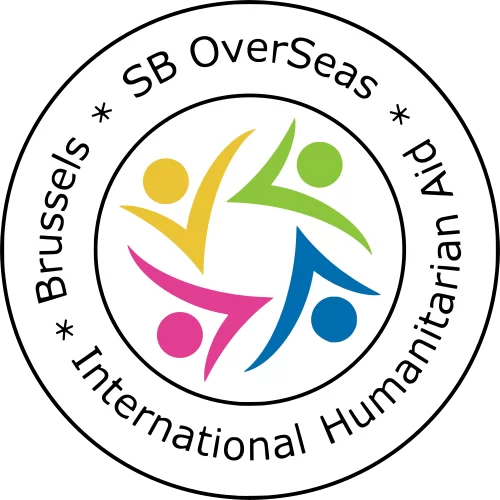The “Brussels Conference on Supporting the Future of Syria and the Region” took place last week on the 4th and 5th of April 2017. The European Union, the United Nations, as well as the governments of Germany, Kuwait, Norway, Qatar and the UK took part in the conference.
The “Brussels Conference on Supporting the Future of Syria and the Region” took place last week on the 4th and 5th of April 2017. All of Europe and the wider world has been shaken by the Syrian war, while the refugee crisis is as pressing an issue as ever: so far, nearly 5 million Syrians have taken refuge in foreign countries. All together, ministers from more than 70 countries and international organisations were present – making this conference one of a kind. The urgency of discussing Syria’s future is clear to the whole world, as long as the Syrian people are still without peace.
The talks focused on the future of Syria, the consequences of the war for neighbouring countries, as well as the importance of providing support for host countries dealing with the refugee crisis. Images and video clips of a chemical attack in Idlib province, which had occurred the same day as the conference, cast a dark shadow over proceedings. Steffan de Mistura, UN Special Envoy for Syria, condemned the attack and expressed the frustrations of all when he said that
“every time we have a moment in which the international community is capable of being together, there is someone, somehow that tries to undermine that feeling of hope by producing a feeling of horror and outrage”
The harsh reality of the Syrian war is that the refugee crisis is becoming unbearable to all parties involved, with Lebanon’s prime minister Saad Hariri stating that the country needs financial support, because they are “on the verge of a breaking point”. The world has not yet mustered the necessary resources to deal with the consequences of the Syrian war – the pledge to raise 6 billion dollars in aid for Syria is a good starting point, but more needs to be done.
The outcome of the discussion was to endorse a “Syrian-led transition process”. A similar statement was made following a 2012 meeting of the UN-backed “Action Group on Syria”, calling for:
“all parties to immediately re-commit to a sustained cessation of armed violence in a bid to end the conflict, in addition to the establishment of a transitional governing body that would exercise full executive powers and would be made up of members of the present Government and the opposition and other groups”
While these statements sound reasonable enough, if this new conference has only served to restate a solution that we have been hearing for 5 years or more, with no change to the situation on the ground, then it shows that something is still missing. We are witnessing one of the worst man-made disasters since the Second World War, one that does not appear to be closer to an end, and indeed risks spreading further into neighbouring countries. We must see a much greater degree of international pressure than we have seen so far – from all parties – for a solution to this conflict, if we are ever going to see its end.
In the meantime, the responsibility for healing the wounds of this war falls on all of us. SB Overseas sees education as the key to this healing process, giving hope to a generation devastated by war, and creating the foundation for a process of peace and reconciliation. Education nurtures livelihoods, and reduces the vulnerability of young people being dragged into militias, or towards violent extremism, as was noted by Irina Bokova, Director-General of UNESCO, at their recent conference in Maryland.
Although the continuing violence in Syria can create a feeling of helplessness in all of us, there is still much we can and must do, if we ever want to see smiles return to the faces of Syria’s people.
Author: Petra Nieminen

